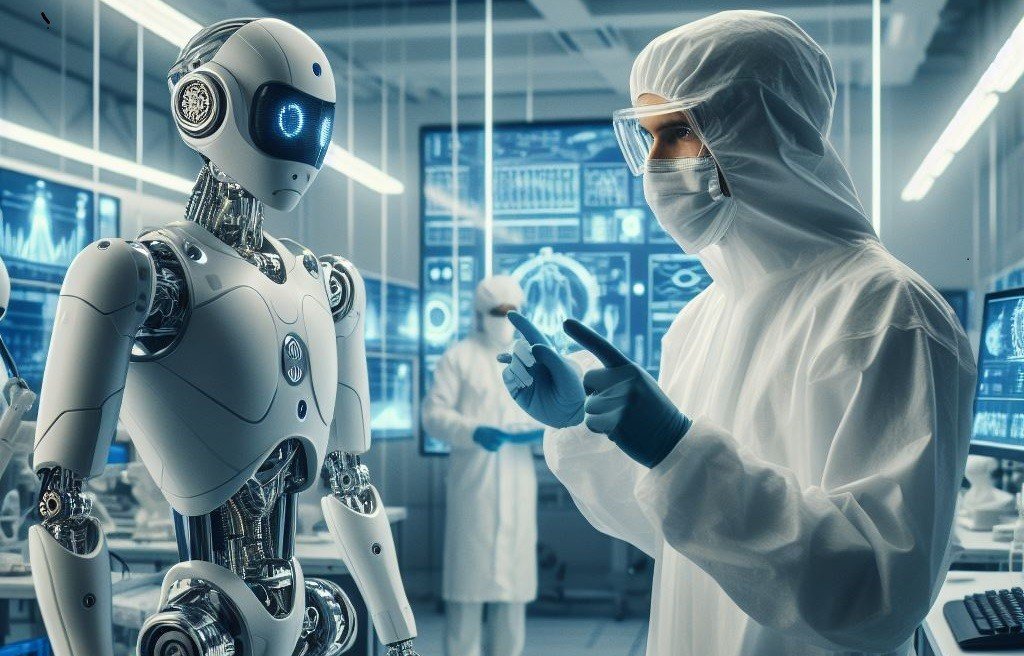Robotics and artificial intelligence (AI) are at the forefront of technological innovation, revolutionizing industries from manufacturing and healthcare to transportation and beyond. As robotics capabilities advance and AI algorithms become more sophisticated, the integration of intelligent machines promises to reshape the way we live, work, and interact with technology. Join us as we delve into the dynamic fields of robotics and AI programming, uncovering their fundamentals, applications, and transformative impact on the future of technology.
1. Understanding Robotics and AI
1. Robotics Basics
Explore the basics of robotics, including components (sensors, actuators), programming languages (Python, C++), and robot design principles for building and controlling autonomous machines.
2. Artificial Intelligence Fundamentals
Introduce the fundamentals of artificial intelligence, encompassing machine learning algorithms, neural networks, deep learning models, and AI applications in robotics for decision-making and problem-solving.
2. Applications of Robotics and AI

1. Manufacturing and Automation
Discover how robotics and AI technologies enhance manufacturing processes with robotic arms, automated assembly lines, predictive maintenance, and quality control systems for increased efficiency and productivity.
2. Healthcare and Medical Robotics
Explore the role of robotics and AI in healthcare, including surgical robots (da Vinci Surgical System), telemedicine, prosthetics, exoskeletons, and AI-powered diagnostics for personalized patient care and treatment.
3. Innovations in Robotics and AI
1. Autonomous Vehicles
Discuss advancements in autonomous vehicles (self-driving cars, drones) powered by AI algorithms for navigation, obstacle detection, and real-time decision-making in diverse environments.
2. Robotics in Space Exploration
Examine robotic missions (rover explorations) to Mars, satellite maintenance, and AI technologies enabling autonomous space probes for scientific research and discovery beyond Earth’s atmosphere.
4. Ethical Considerations and Future Prospects
1. Ethical Implications
Address ethical considerations in robotics and AI development, including privacy concerns, job displacement, bias in AI algorithms, and ensuring responsible deployment of intelligent technologies.
2. Future Trends and Opportunities
Explore future trends such as human-robot collaboration, AI-driven personalized services, swarm robotics, bio-inspired designs, and the potential impact of quantum computing on robotics and AI innovation.
Conclusion
Robotics and AI programming represent a transformative frontier in technology, offering limitless possibilities for innovation, automation, and problem-solving across various industries. By understanding the fundamentals of robotics, exploring AI applications, and embracing ethical considerations, we can harness the power of intelligent machines to create a more efficient, sustainable, and interconnected future. Embrace the journey of robotics and AI programming, stay informed about technological advancements, and envision the exciting potential of robotics and AI in shaping the world of tomorrow.

